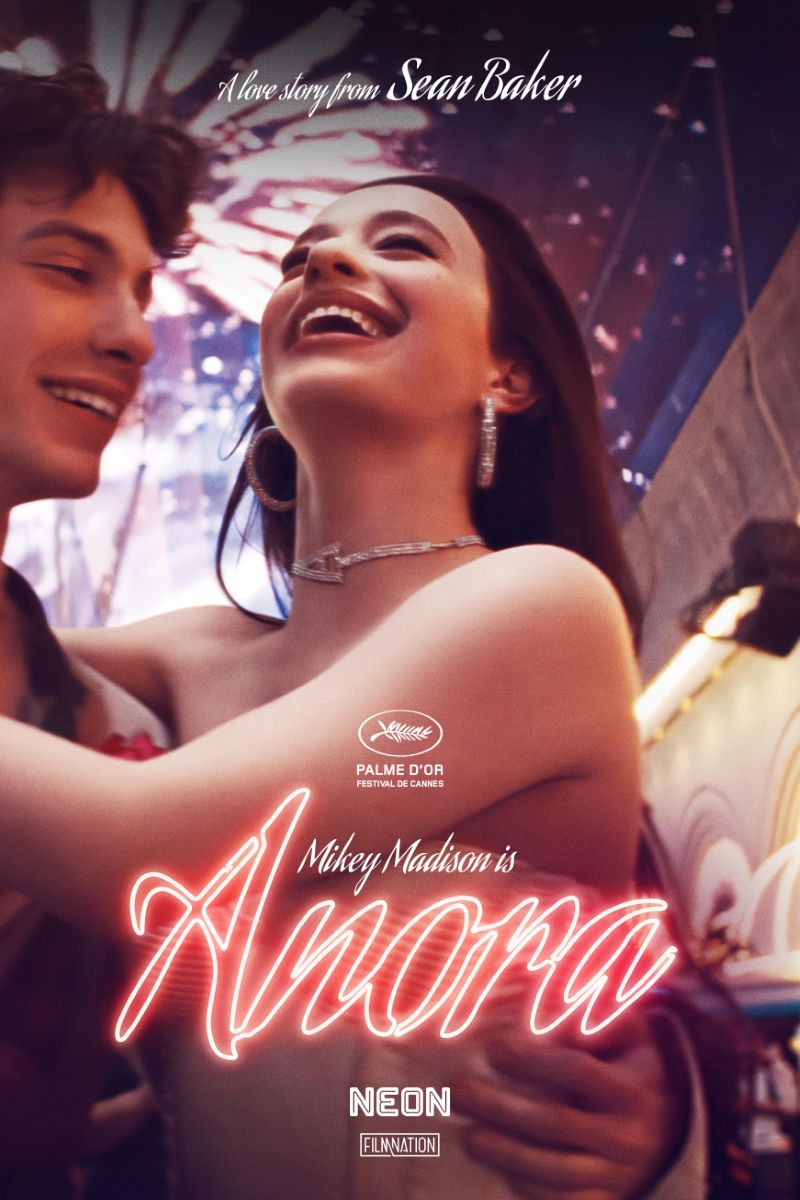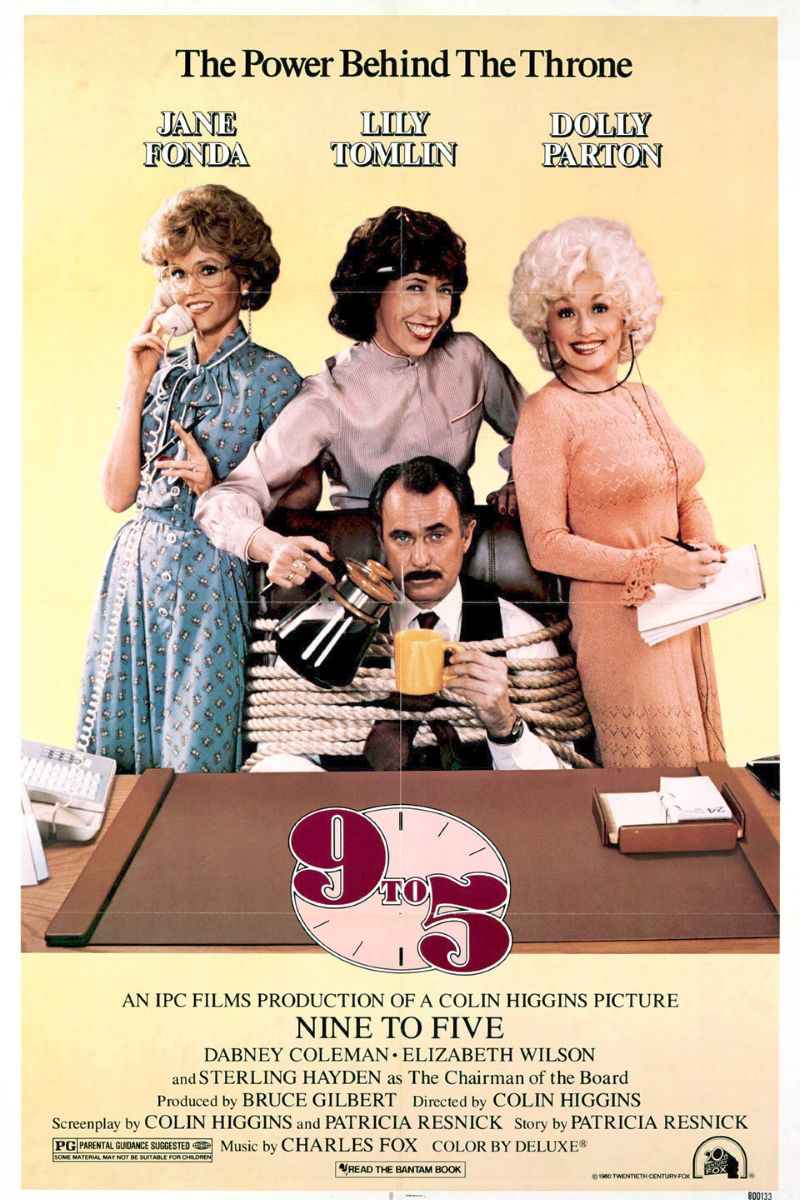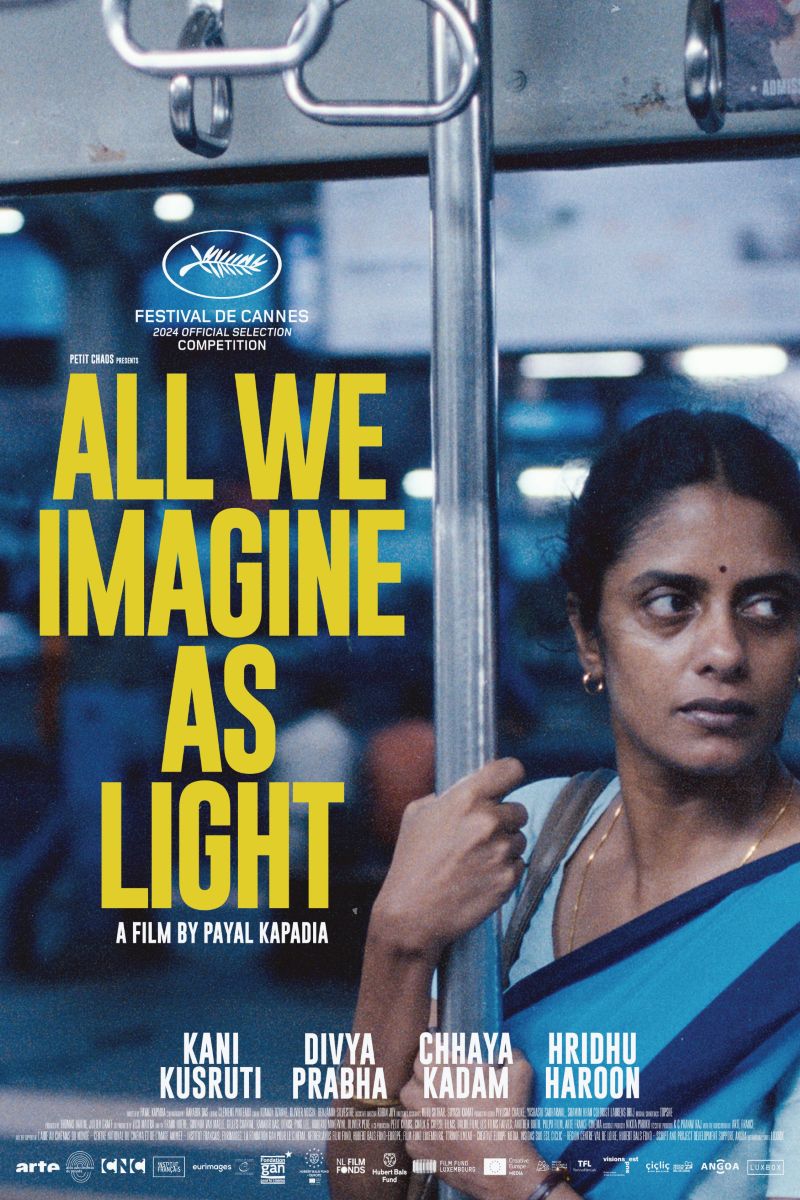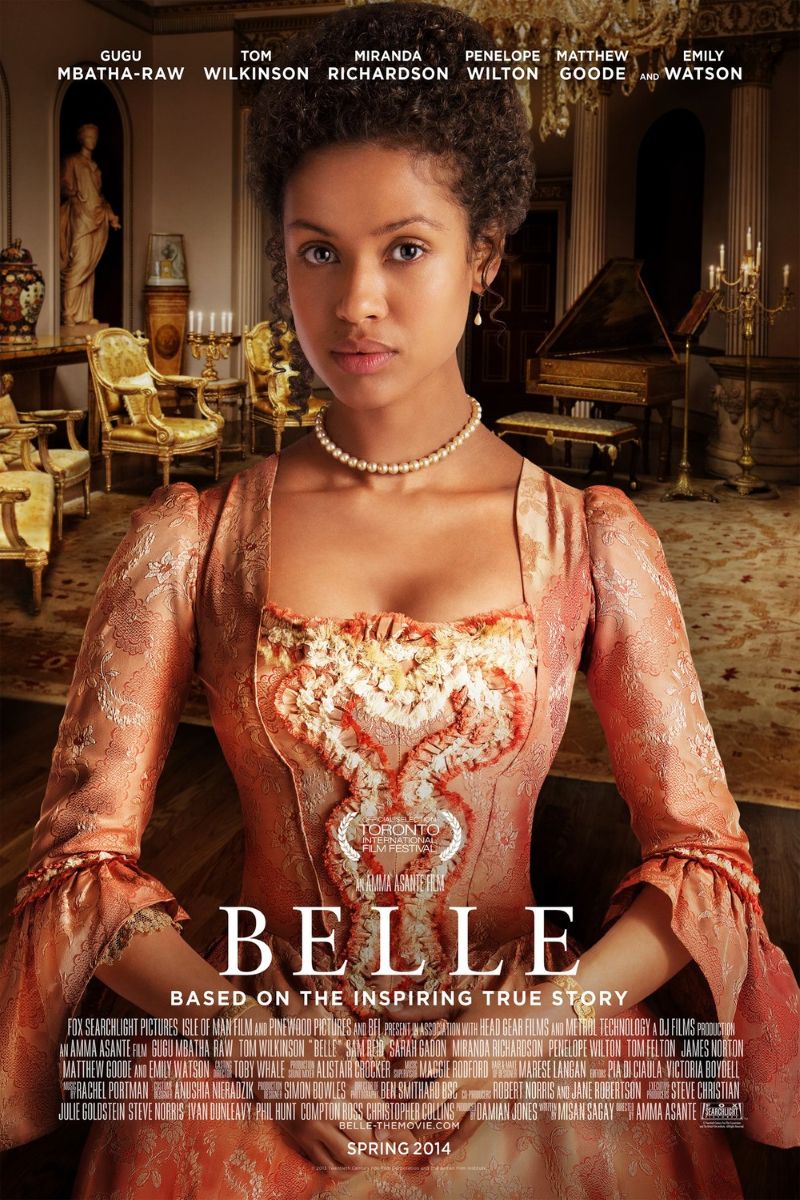
Anora
Anora
A romantic comedy-drama directed by Sean Baker, winner of the Palme d'Or at the Cannes Film Festival. Mikey Madison stars as sex worker Ani who falls in love and impulsively marries Vanya, the son of a Russian oligarch, before facing fierce opposition from his family's forces. With its authentic, nuanced performances and sharp social critique, the film deeply explores crucial issues including sex worker rights, class differences, economic inequality, and women's survival struggles in capitalist society.
Cast
Related Topics
🎥 Film Analysis & Review
Anora represents director Sean Baker’s latest masterwork following Tangerine and The Florida Project, a Palme d’Or-winning achievement that demonstrates his profound care for marginalized communities and sharp critique of social injustice, establishing itself as an important representative of contemporary American independent cinema. Through the seemingly fairy-tale yet reality-contradicted love story between sex worker Ani and Russian oligarch’s son Vanya, the film deeply explores the stigmatization of sex work, the illusory nature of class mobility, the complexity of immigrant identity, and the difficult circumstances women face in seeking economic independence and emotional recognition within capitalist society.
From a sex worker rights perspective, Anora’s most important contribution lies in its destigmatizing presentation of sex workers and its insistence on sex work as legitimate labor. Mikey Madison’s Ani is neither the traditional Hollywood victim needing rescue nor a morally degraded fallen woman, but a complete individual with professional dignity, economic goals, and emotional needs. The film demonstrates her professional attitude toward work, service philosophy toward clients, and rational financial planning, presenting sex work as a legitimate form of labor. This presentation challenges mainstream society’s moral prejudices against sex work, providing important cultural resources for sex work destigmatization.
The film’s analysis of class differences is extremely sharp and profound. Ani comes from a working-class Brooklyn family while Vanya is the son of a Russian oligarch; the enormous economic chasm between them reflects not only lifestyle differences but deeper distinctions in values, cultural cognition, and social relationships. Vanya’s frivolity and irresponsibility contrast sharply with Ani’s pragmatism and resilience, revealing fundamental differences in life attitudes between privileged classes and grassroots people. When Vanya’s parents send bodyguards to forcibly dissolve the marriage, Ani faces not only personal emotional setback but the crushing weight of an entire power system against working-class women.
From an economic empowerment perspective, the film shows how Ani achieves economic independence through sex work while revealing this independence’s fragility. Although her income is considerable, it lacks social security and legal protection, potentially disappearing anytime due to client changes. Her marriage to Vanya once offered glimpses of possible class advancement, but this possibility’s destruction exposes the difficulties working-class women face achieving genuine economic security in capitalist society. Through this contrast, the film reveals how economic inequality limits women’s choices and opportunities.
The film’s treatment of immigrant identity and cultural identification is also nuanced. Ani’s Russian-American identity enables her to communicate in Russian with Vanya and his entourage, making this linguistic ability a professional advantage while exposing her marginal position in American society. She belongs neither completely to mainstream American society nor can truly integrate into Russian elite circles; this cultural identity ambiguity reflects the complex circumstances second-generation immigrants face in identity formation.
Mikey Madison’s performance is exemplary, successfully creating a complex, three-dimensional female image. Ani possesses both the resilience and wit forged by working-class life and young women’s desires for love and beautiful living; both clear-eyed recognition of reality and naive yearning for fairy-tale existence. Madison avoids the trap of simplifying the character into victim or hero, instead presenting a authentic, flesh-and-blood person.
Sean Baker’s directorial approach continues his consistent realist style, extensively using handheld cameras and natural lighting to create documentary-like authenticity. This visual style not only enhances story credibility but more importantly embodies the director’s respect and care for his subjects. Baker doesn’t transform the camera into a voyeuristic and curiosity-seeking tool but uses it to record and witness working-class people’s lived truths.
The film’s analysis of gender power relations is also profound. Although Ani seems to possess certain agency in sex work, when confronting Vanya’s family’s power and wealth, her vulnerable position is fully exposed. The bodyguards’ rough treatment, lawyers’ forced marriage dissolution, and the entire family’s indifference toward her all embody the dual oppression of male power and class privilege against women.
The film’s structural design is also clever. The romantic comedy atmosphere of the first half contrasts strongly with the realist turn of the second half, reflecting Ani’s psychological journey from fantasy back to reality. When fairy-tale life is shattered by reality, she must re-confront her actual circumstances and future choices.
From a legal equality perspective, the film reveals sex workers’ marginal position within legal systems. Although Ani and Vanya’s marriage is legally established, when facing powerful economic and political pressure, such legal protection appears pale and powerless. The film suggests the legal obstacles and social prejudices working-class women face when defending their rights.
The film’s critique of consumerist culture is also sharp. Vanya’s lifestyle represents extreme consumerism—he uses money to purchase happiness, love, and companionship, and Ani is initially attracted to this lifestyle. But the film ultimately reveals the falseness and unsustainability of such consumer relationships; when economic foundations change, so-called love and commitment also dissolve.
The film’s international success carries important significance. Against the backdrop of the #MeToo movement and sex work destigmatization discussions, Anora provides an artistic expression platform for these social issues. The Palme d’Or recognition not only affirms the film’s artistic value but demonstrates international cinema’s attention and support for marginalized community stories.
From feminist film criticism perspective, Anora challenges traditional sex worker narrative modes. It neither romanticizes nor moralizes sex work but presents it as a complex social phenomenon. The film focuses not on whether sex work is right or wrong but on sex workers’ rights and dignity as complete human beings.
The film’s portrayal of friendship and colleague relationships is also important. Ani’s relationships with other sex workers demonstrate solidarity and mutual support within marginalized groups. They’re not competitors but sisters supporting each other in difficult environments. This friendship provides Ani emotional support and practical help, embodying the power of female solidarity.
From a cultural critique perspective, the film exposes how wealth and privilege can corrupt and distort human relationships. Vanya’s family’s response to the marriage reveals the dehumanizing effects of extreme wealth concentration, where personal relationships become mere business transactions to be managed and controlled.
The film’s treatment of language and communication is significant. Ani’s ability to speak Russian becomes both an asset and a marker of her otherness in American society. The multilingual dialogue reflects the complex linguistic landscape of contemporary America while highlighting how language can both connect and divide communities.
The film’s exploration of the American Dream is particularly poignant. Ani’s brief taste of luxury represents a distorted version of upward mobility—one based not on merit or hard work but on chance encounter and sexual labor. The dream’s collapse reveals the mythology surrounding meritocracy in American society.
Ultimately, Anora’s value lies in its profound reflection on inequality in contemporary American society and its humanistic care for marginalized groups. Through Ani’s story, the film demonstrates the complex challenges working-class women face when pursuing economic independence and emotional fulfillment, revealing how class, gender, and immigrant identity intersect to influence individual destiny. It reminds us that in an unequal society, true love and happiness cannot rely solely on personal effort but require fundamental changes in social structures. Simultaneously, the film proves the importance and artistic value of marginalized community stories, providing valuable perspectives for understanding contemporary society’s complexity.
🏆 Awards & Recognition
- • Cannes Film Festival Palme d'Or
- • Academy Award Best Picture
- • Golden Globe Best Picture Nomination
- • American Film Institute Top Ten Films
⭐ Ratings & Links
Related Recommendations
Comments & Discussion
Discuss this video with other viewers
Join the Discussion
Discuss this video with other viewers
Loading comments...



